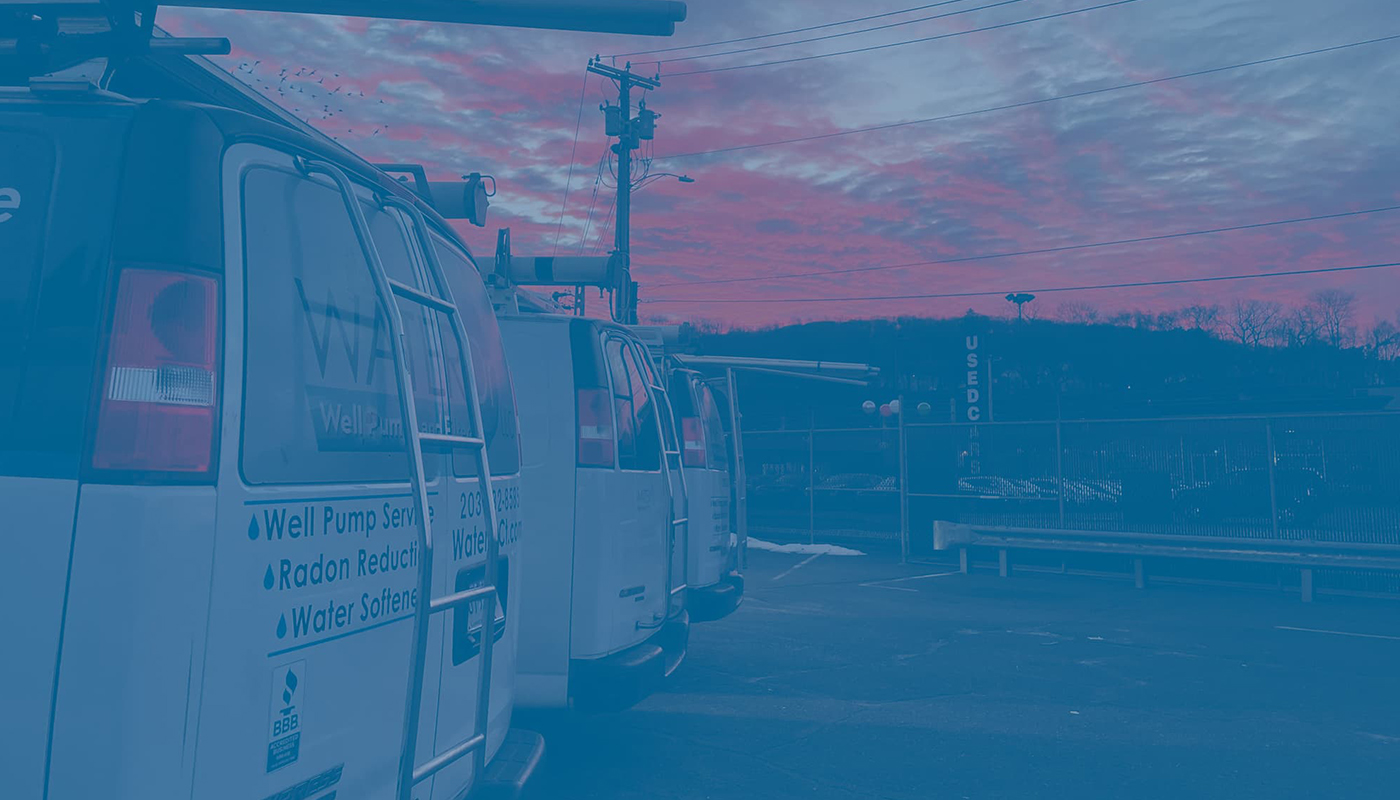
Healthy Well Water & Testing
It is estimated that more than 23 million households rely on private wells for drinking water in the United States (US Census American Housing Survey August 2022).
It is very important to test your private well annually for total coliform bacteria, nitrates, total dissolved solids, and pH levels. If you suspect the presence of other contaminants, you should test for those also. You can also contact your local health department to find out what substances may be common in your area’s groundwater.
You may want to test more frequently if small children or elderly adults live in your house or if someone in your house is pregnant or nursing. These segments of the population are often more vulnerable to pollutants than others.
You should also test your private well immediately if:
- There are known problems with ground water or drinking water in your area
- Conditions near your well have changed significantly (i.e. flooding, land disturbances, and new construction or industrial activity)
- You replace or repair any part of your well system.
- You notice a change in your water quality (i.e. odor, color, taste).
Besides testing your well annually, preventing water well pollution is another step to ensure safe drinking water. For households using a domestic well, this includes keeping contaminants away from sinkholes and the well itself. Keep hazardous chemicals out of septic systems.
Here are some key points on preventing well pollution:
- Install a well cap or sanitary seal to prevent unauthorized use of, or entry into, the well.
- Keep accurate records of well maintenance, such as disinfection or sediment removal, that may require the use of chemicals in the well.
- Avoid mixing or using pesticides, fertilizers, herbicides, degreasers, fuels, and other pollutants near the well.
- Do not dispose of wastes in dry wells or in abandoned wells.
- Pump and inspect septic systems as often as recommended by your local health department.
- Periodically inspect exposed parts of the well for problems such as:
- Cracked, corroded or damaged well casing
- Broken or missing well cap
- Settling and cracking of surface seals
Unfortunately, mother nature can occur at any time and as homeowners these natural disasters can cause harm to your wells. Flooding, earthquakes, landslides, and other natural disasters can impact the safety of your drinking water by allowing contaminants to enter your private well system. If you suspect your drinking water well may be contaminated after a flood or another natural disaster, contact your local or state health department or environmental agency for advice on inspecting and testing your well. If possible, use a contractor with experience in servicing drinking water wells to inspect and test your well.

